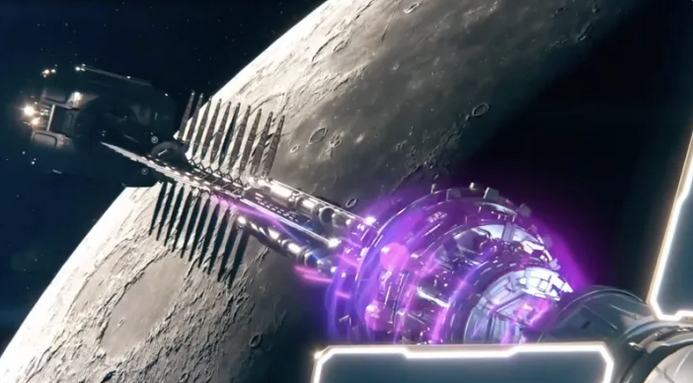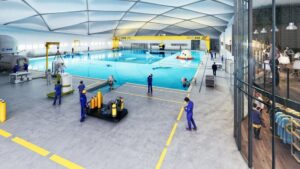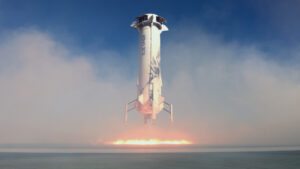Rolls-Royce Announces Nuclear Propulsion Tech
9th Feb 2023
The British aerospace and defence giant Rolls-Royce have now teased their new nuclear reactor technology on Twitter.
The nuclear tech is thought to have enough power to send rockets on quick trips to The Moon, Mars, or even further afield.
Jake Thompson, Head of Innovation Products and Services, said “It’s a really exciting time for space exploration. To explore space, you need reliable power, safe power, power that works where there is no fuel, power that works when there is no oxygen.”
“We’re working on nuclear thermal propulsion; really efficient, fast transport for space travel.”
It is possible that Rolls-Royce tech could use nuclear power not only for getting to these locations, but to power bases and habitations on The Moon and on Mars. Nuclear reactors can reduce the need for huge volumes of fuel, making lightweight systems with enough power to keep a moonbase going with just a few grams of uranium used.
This is no mere publicity stunt for the sake of headlines either. The brand has now partnered with the UK Space Agency in a study regarding nuclear power and how it can be used in many applications within space travel and exploration.
The Micro Reactor technology represents an exciting innovation that could be huge for the space industry, with the potential to “provide power for exploration of a planetary surface, or for power and propulsion of spacecraft.”
The technology relies on nuclear fission, splitting the atom with a neutron and releasing energy, which has the potential to be harnessed to propel a rocket or power a whole base. These reactors are not as popular in spaceflight as some other methods, and chemical propulsion has been preferred historically.
The UK’s Parliamentary Minister for Science, Research and Innovation Amanda Solloway spoke about the potential of the partnership, and the innovative technology: “Nuclear power presents transformative possibilities for space exploration and this innovative study with Rolls-Royce could help to propel our next generation of astronauts into space faster and for longer, significantly increasing our knowledge of our universe.”






Thank you for your comment! It will be visible on the site after moderation.